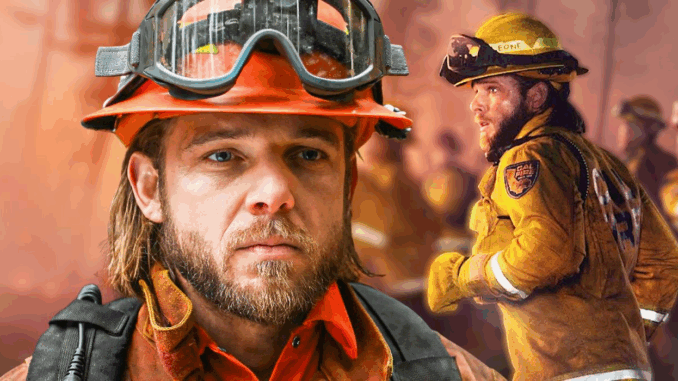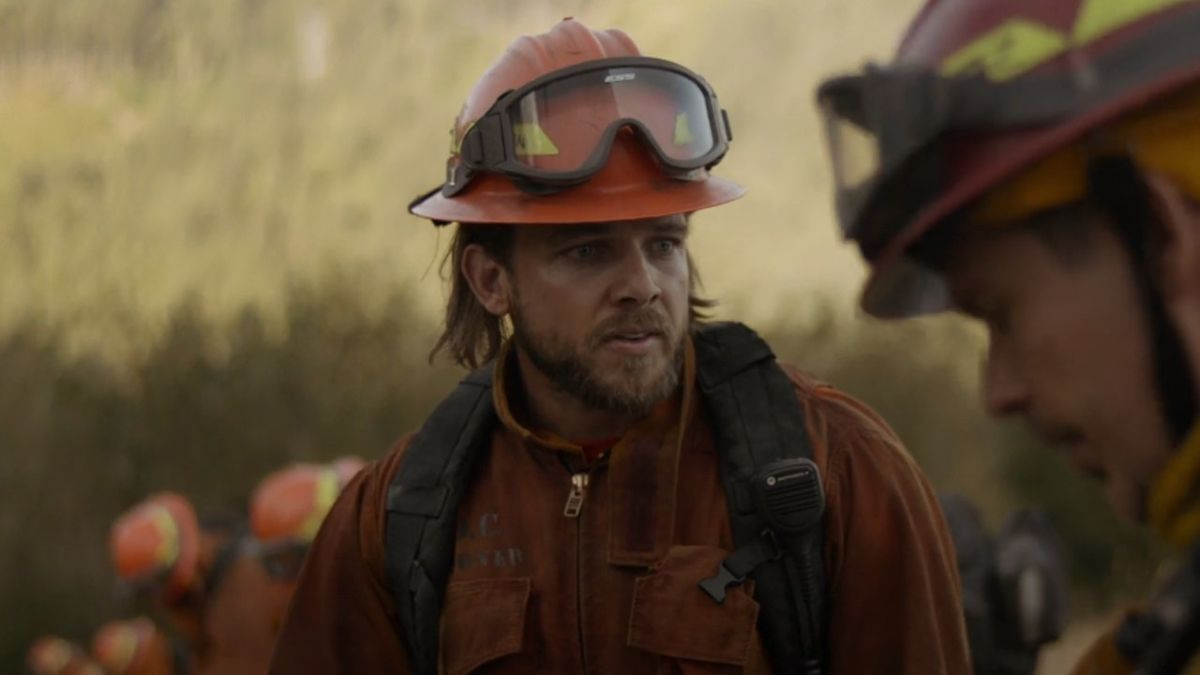
A Revolutionary Premise Based on Real-Life Programs
Fire Country isn’t just another action-packed drama—it’s built around a bold and underrepresented reality: the California Conservation Camp Program, where inmates fight wildfires in exchange for sentence reductions. This unique foundation gives the series a socially conscious edge, forcing viewers to confront deep-rooted questions about justice and rehabilitation.
Bode Donovan: The Face of Redemption
Bode isn’t simply a flawed protagonist—he is a representation of every person who’s made mistakes and is trying to find their way back. His struggle to rebuild trust with his family and his community serves as an emotional backbone for the show, challenging audiences to consider whether redemption is truly possible in a judgmental society.
Challenging the Justice System’s One-Size-Fits-All Mentality

Through Bode’s experience, Fire Country critiques the criminal justice system’s tendency to throw people away rather than invest in their potential. By showing how inmates can contribute meaningfully to society—saving homes, preserving land, and even rescuing lives—the show asks: What if the system focused more on reform than punishment?
From Prisoner to Public Servant: A New Definition of Hero
One of the most compelling aspects of Fire Country is how it redefines the concept of a hero. The inmates in the program, often shunned by the public, end up becoming the very people who save them. This paradox highlights society’s blind spots—how quick we are to label people permanently based on past mistakes, and how slow we are to acknowledge change.
The Stigma That Never Burns Away
Even after heroic acts, the stigma of being an inmate follows characters like Bode. This underscores a painful truth: redemption may be earned, but it’s rarely accepted. The series doesn’t sugarcoat this reality, showing how difficult it is to reintegrate into a world that has already judged you.
Changing Public Perception Through Entertainment
By giving audiences a close-up of life in the Fire Camp program, Fire Country fosters empathy. It’s a wake-up call to viewers who may never have considered the humanity of incarcerated people. The show becomes more than entertainment—it becomes advocacy wrapped in storytelling.
A Call to Action, Not Just a Drama
In highlighting the value of second chances, Fire Country sends a powerful message: that people are more than their worst mistakes. With proper guidance, support, and opportunity, anyone can rise from the ashes. It’s a plea for systemic change, delivered through compelling characters and high-stakes action.
